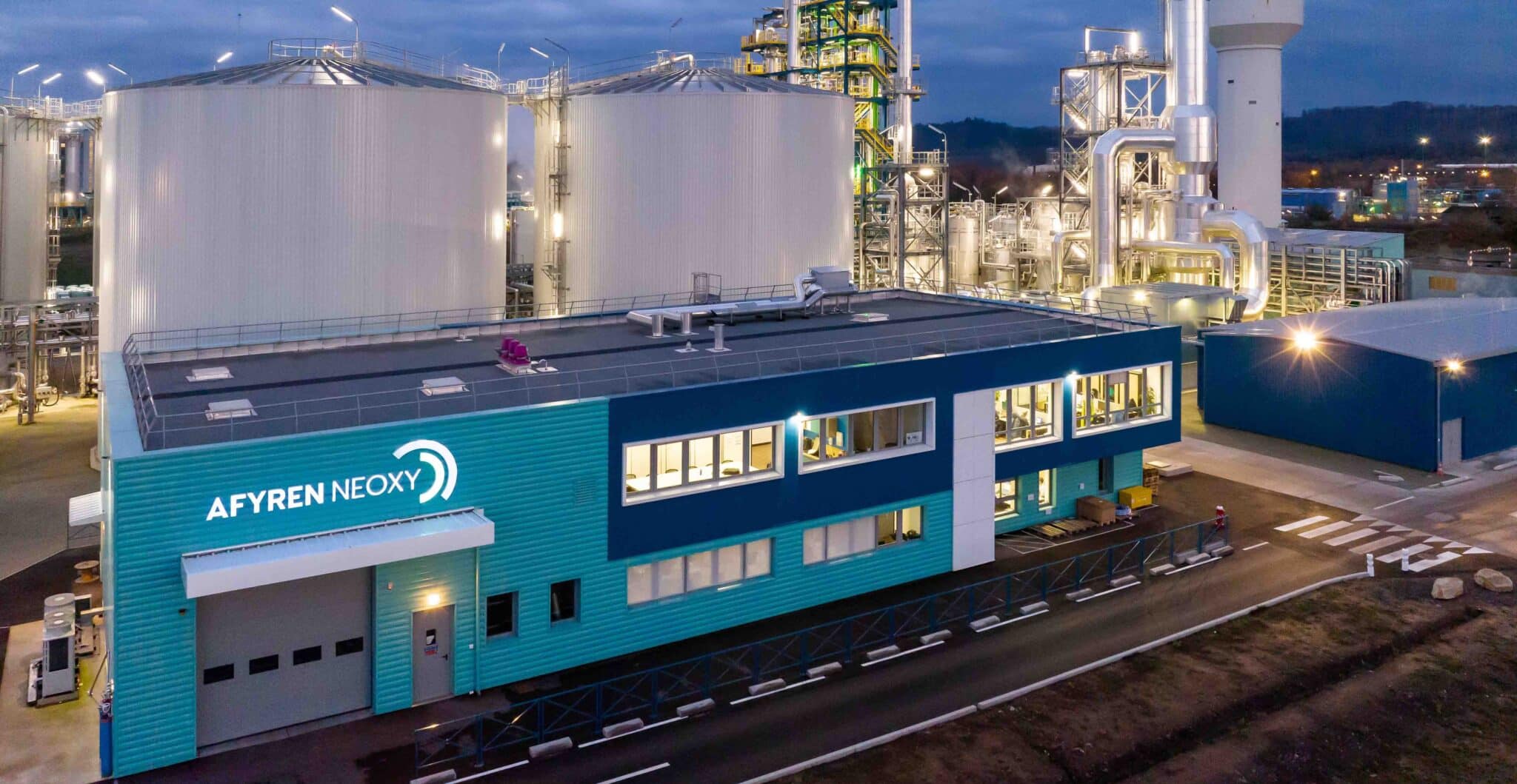Retour page d’accueil • Article: Climate change: biobased solutions can lead a course correction
Article: Climate change: biobased solutions can lead a course correction

Corporate action on climate change is partly driven by a desire to get ahead of upcoming legislation. Reputation is also a major factor: it never hurts to be seen as a leader. But the bottom line is that markets will reward — and eventually demand — climate-friendly products and services, so it is important to understand how each solution can help to reduce or even avoid carbon emissions completely.
Bioeconomy and climate change
The global warming that we have been experiencing for years now is caused by a huge increase in greenhouse gas emissions. While the emission of these gases is a natural phenomenon of life on our planet, human activities in recent decades have been adding inexorably more greenhouse gas, negatively impacting the climate.
Let’s focus on carbon dioxide (CO2) and the carbon cycle. All life is based on the element carbon. Carbon is the major chemical constituent of most organic matter, from fossil fuels to the complex molecules (DNA and RNA) that control genetic reproduction in organisms.
Carbon is stored on our planet in these major sinks:
- as organic molecules in living and dead organisms found in the biosphere
- as the gas carbon dioxide in the atmosphere
- as organic matter in soils
- in the lithosphere as fossil fuels and sedimentary rock deposits such as limestone, dolomite and chalk
- in the oceans as dissolved atmospheric carbon dioxide and as calcium carbonate shells in marine organisms.
The carbon cycle is a complex and very efficient natural system based on a fragile equilibrium.
Every year, 30% of the atmospheric CO2 is absorbed by plants thanks to the photosynthesis process. Then, when those plants die and decompose, the living organisms in the soil, such as bacteria, fungi or earthworms, transform them into organic matter. This carbon-rich organic material is essential for human nutrition because it retains water, nitrogen and phosphorus, essential for growing plants. Over geological time frames, the organic matter is also fossilized, providing petroleum, natural gas and coal.
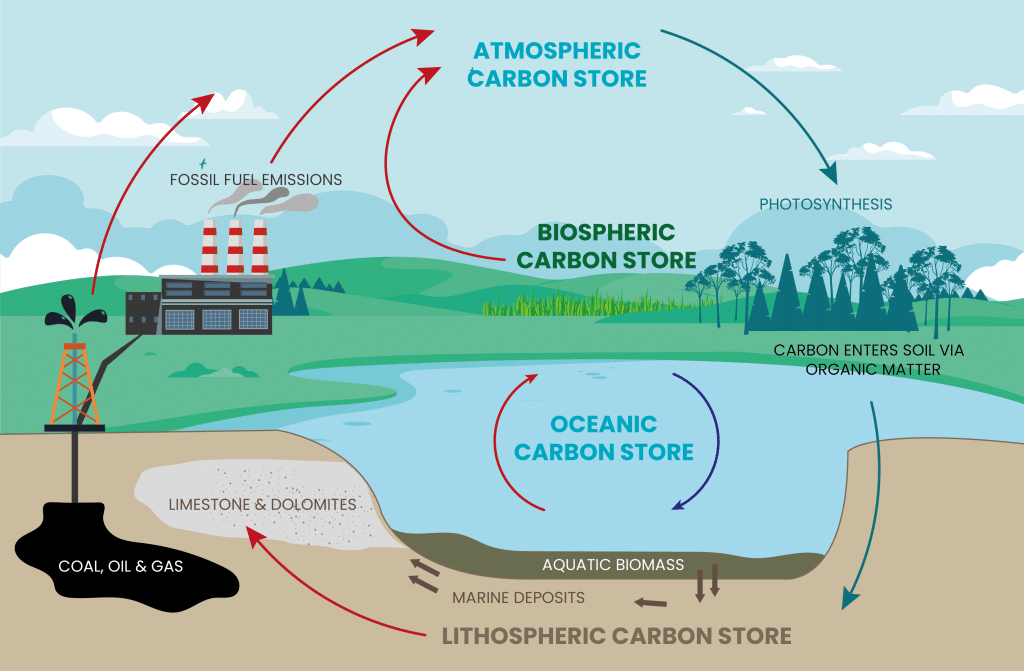
Human activities are responsible for the emission of so much CO2 into the atmosphere that they modify the original carbon cycle. Indeed, when we consume fossil resources, we release the carbon back into the atmosphere as CO2 in as short a time frame as 1-10 years. The rate at which biomass is converted to fossil resources is in total imbalance with the rate at which they are consumed and liberated. We release far more CO2 than is naturally captured as fossil resources – this is the threatening problem.
The bioeconomy, by using renewable raw materials instead of fossil resources, helps mitigate climate change by reducing emissions from fossil carbon in the atmosphere and capturing more carbon in the biosphere.
Innovation can mitigate climate warning on a global scale
Today, innovative and agile start-ups are the driving force behind the introduction of new biotech solutions. Some are developing new technologies to produce chemicals in a more sustainable way. They either use alternative raw materials made from renewable biomass and agricultural by-products or they achieve significant reductions in energy consumption while operating existing production processes.
Biobased “green chemistry” uses new methods to offer the same molecules as the conventional fossil-based processes with a significantly lower carbon footprint.
The bioeconomy still only accounts for a small part of the global chemical industry, but it is the vanguard of a new era. In order to reach ambitious emissions targets, corporations and countries need to look into these innovative processes and products.
As alternative solutions become more prevalent, the need to reinvent incumbent industrial models will become clearer. Start-ups can help big chemical corporations review their established operations and to scale up new bioeconomy models. New production standards will fall into place. Such cooperation will surely have a positive impact on global climate change.
Efficient, low carbon biobased solutions
AFYREN offers a wide range of drop-in replacement molecules that are 100% biobased, created in a fully circular production process, and based on a local sourcing approach. This unique, environmentally friendly technology transforms agricultural byproducts into valuable chemical building blocks. With this holistic strategy, AFYREN is able to offer companies from all industries low carbon solutions to help them reach or even exceed their ambitious carbon emission targets.
To add more transparency to its value chain AFYREN commissioned a Life Cycle Assessment (LCA) conducted by an independent third party that made a carbon footprint comparison with conventional crude-derived products. According to this LCA, AFYREN products come with a carbon footprint that is 81% lower on average. In June 2021, AFYREN formalized its commitment to climate protection by joining the French Business Climate Pledge.
Making products and value chains more circular and traceable will be a prerequisite for business practices that are both economically successful and sustainable. Those who acknowledge this fact early enough will be winners.
Working to create demand for climate neutral products early on will lead to a much more robust market positioning when legislation begins to force the late movers into action.
This is a clear opportunity for less established players in the market. Meanwhile, established industry players’ future success or failure will depend on their pace of action and level of commitment to zero-carbon initiatives.
Last news
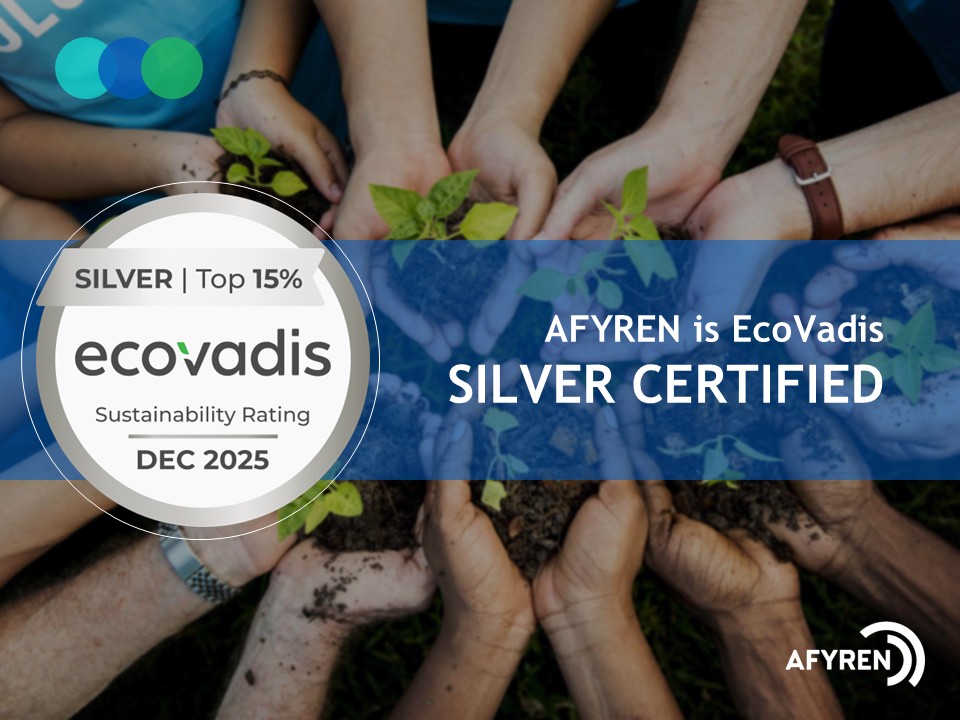
AFYREN awarded Silver Medal by EcoVadis for CSR performance, ranking in the top 8% worldwide
Press release
AFYREN and ESSE Skincare begin partnership to offer 100% natural cosmetic solutions with enhanced skincare performance.
Press release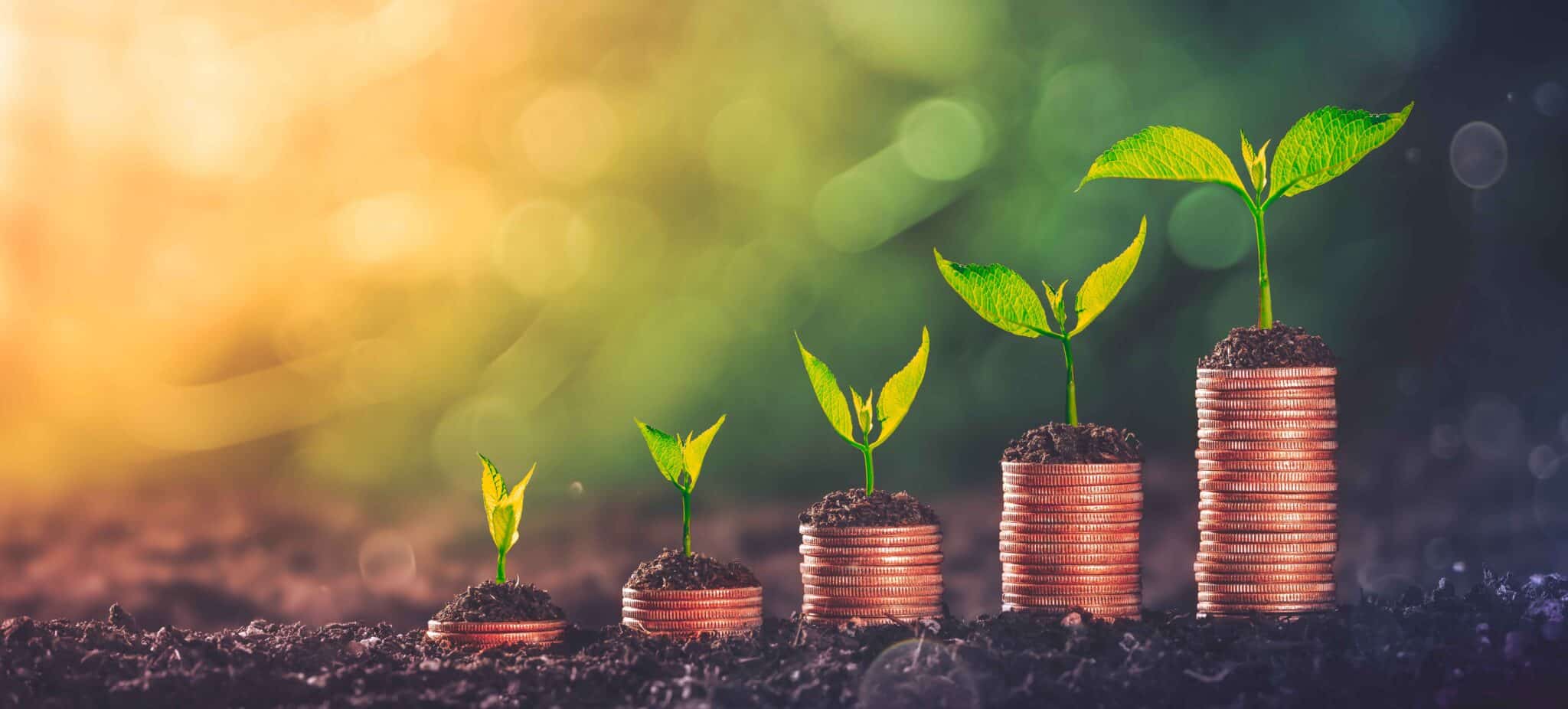
AFYREN raises €23 million through share capital increase to finance optimization and expansion of unique biorefinery AFYREN NEOXY
Press release
Deforestation – Turning compliance with EUDR into an innovation driver
Publication
Where Nature Meets Performance: The Creative Vision of Delphine Thierry
News post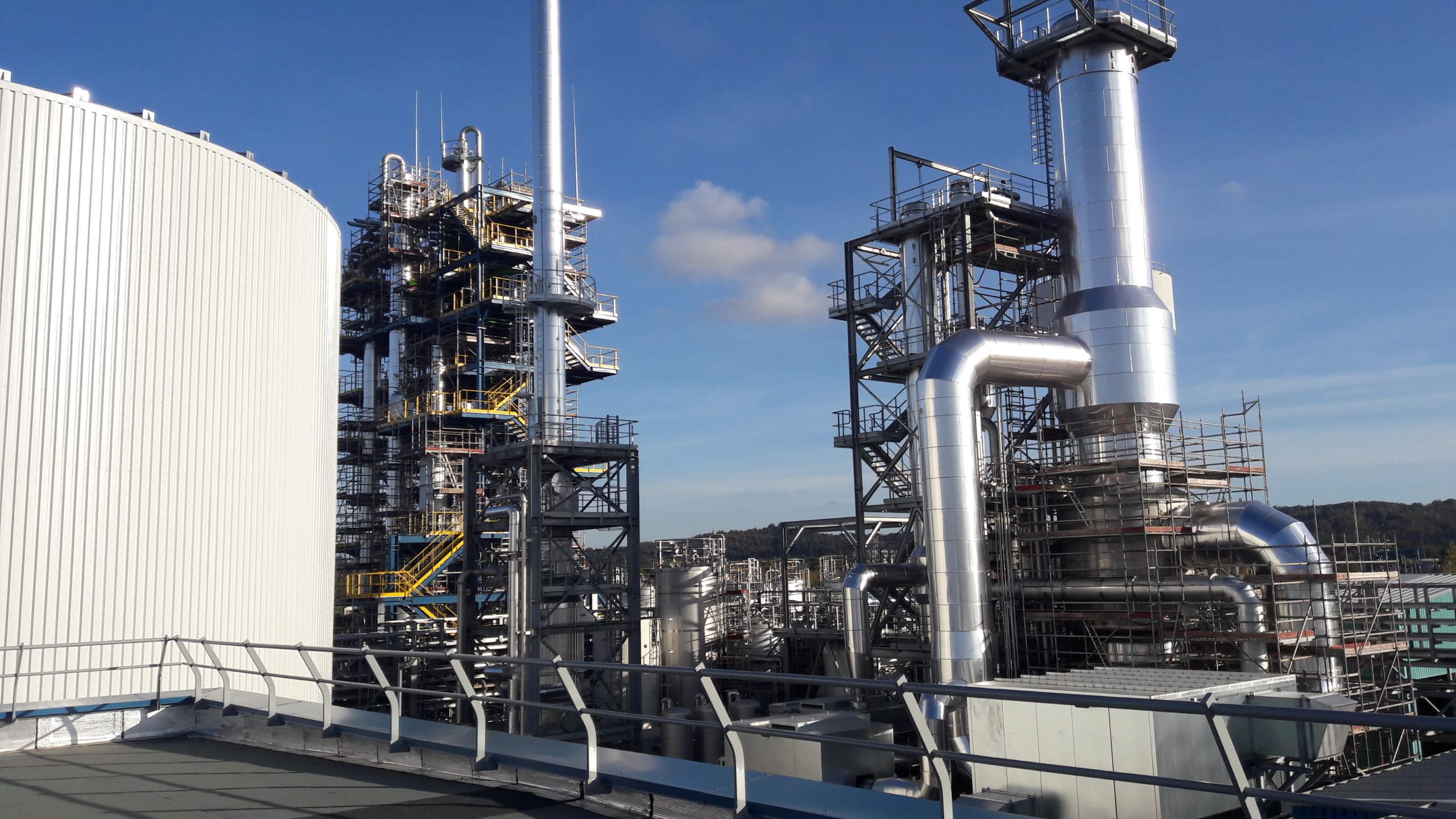
AFYREN receives €4 million in grants for AFYREN NEOXY and starts new performance-driven investment strategy
Press release
